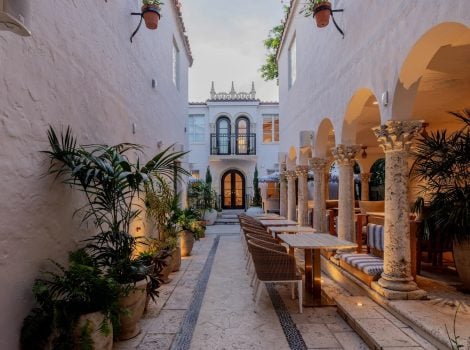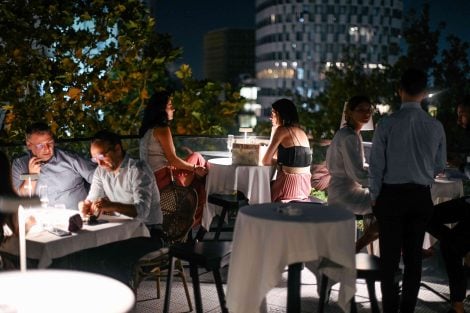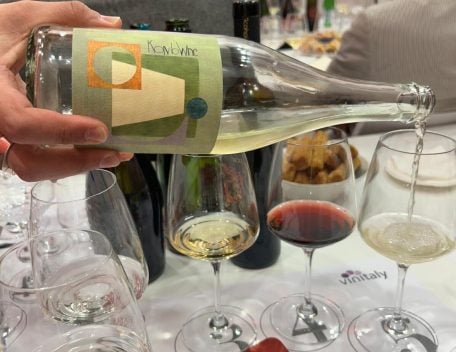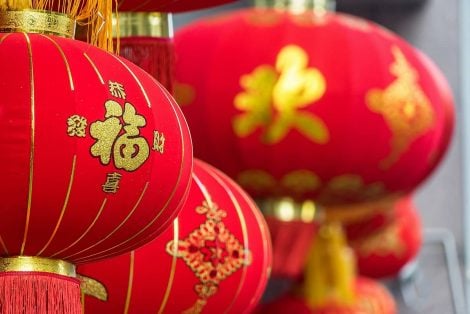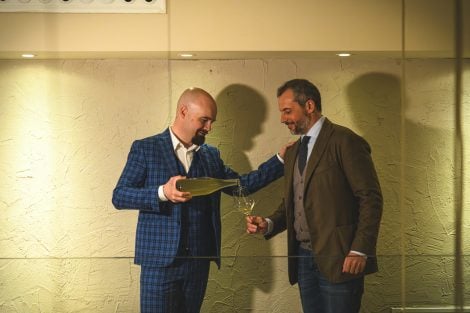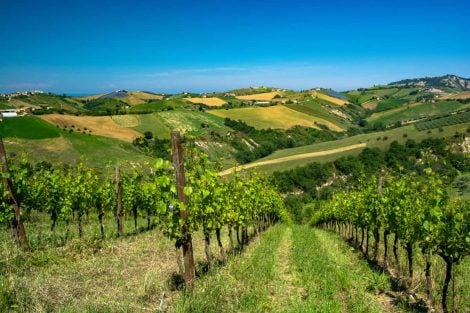It’s the wine that chooses the glass. Maximilian Josef Riedel presented this thesis at the Riedel Wine Glass Experience in Rome, held at the Rome Cavalieri, Waldorf Astoria Hotel. Same wine, different glasses: an experiment that lays bare the importance of the “right” glass when it comes to wine. At a time when the wine world is undergoing changes and evolutions, is the wine glass also following new paths? We discussed it with the CEO of the Austrian company of the same name, a pioneer in the production of wine glasses. Amid global challenges, new collections, and a commitment to sustainability, here’s how Riedel sees the present and future of his industry.
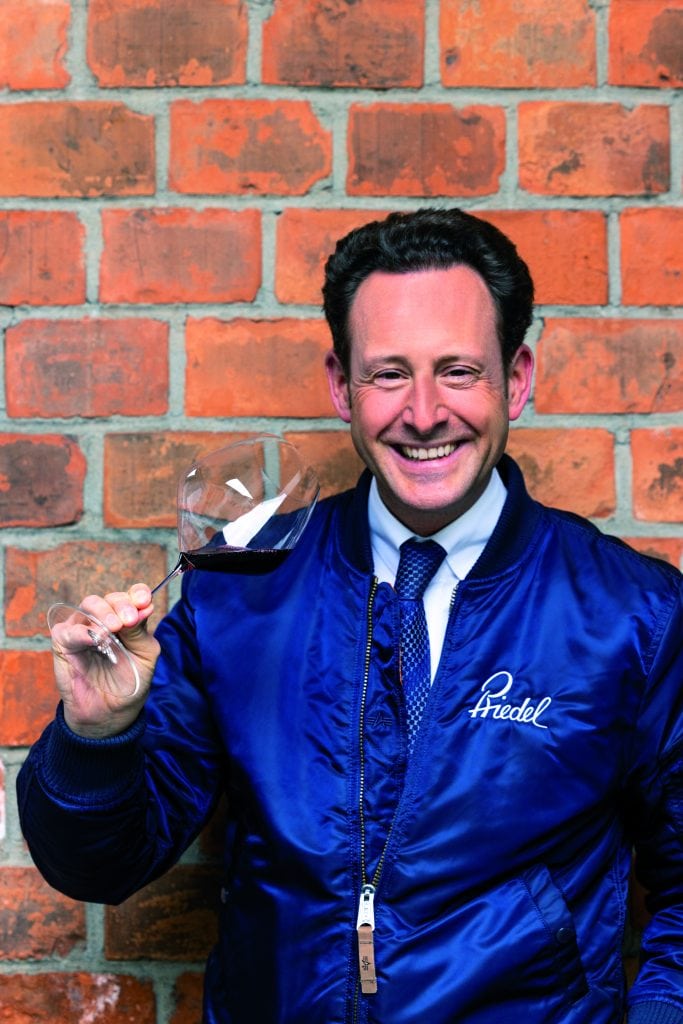
The world of wine is experiencing several shocks. Is this affecting your business?
To some extent, yes, although less so than the wine market itself. People buy wine glasses for many different reasons. What concerns us is a different unknown.
Which would be?
The situation with tariffs, and the United States in general: they represent our most important market with significant impact on our business. Currently, we are the most expensive glasses on the US market, and the tariffs are hitting our sales hard.
Riedel’s philosophy promotes a glass for every grape variety, but what do you think about “universal” glasses?
That many manufacturers produce glasses without truly knowing wine.
What do you mean?
For us, wine comes first: the glass exists to enhance its characteristics. By contrast, those offering “universal” solutions believe a single glass can suit everything — but that’s a misleading simplification. Unfortunately, many restaurants purchase this type of glass thinking they’re taking an easier path, but there’s no shortcut that truly works.
And what about new alcohol-free alternatives? Will you produce a specific glass?
No, I don’t think it’s necessary. You can draw a parallel with the cocktail world: whether with or without alcohol, it can be served in the same glass — there’s no difference. There’s no need to design a specific one.
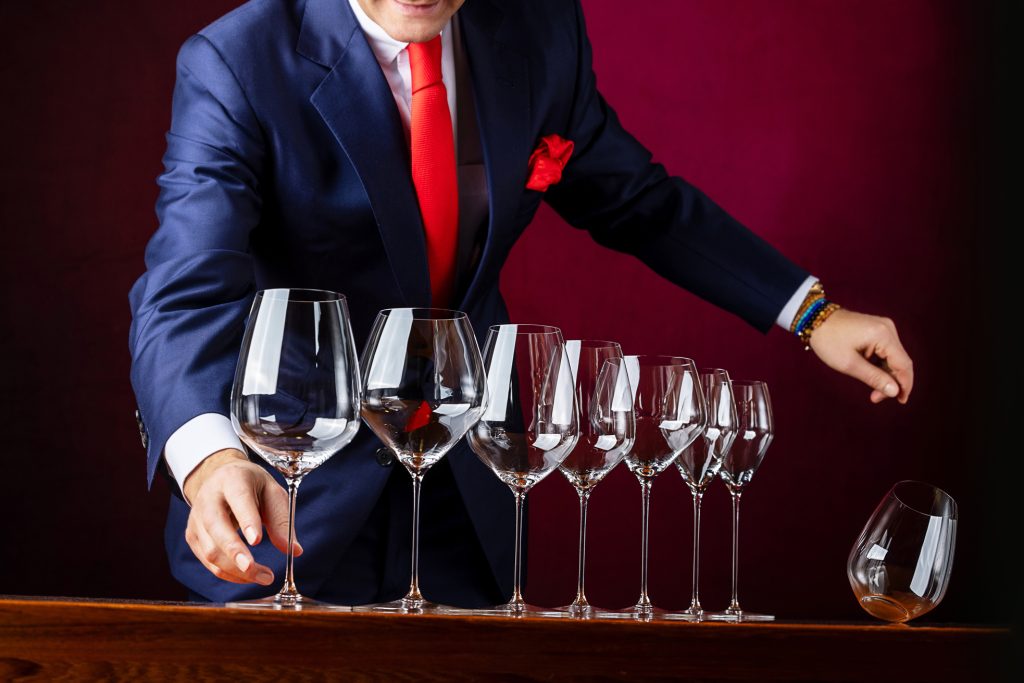
Speaking of materials, is there a big difference between crystal and glass?
There’s soda-lime glass, crystal glass, and then lead crystal. The industry has moved away from the latter; Riedel stopped using it in 2015, and we only use crystal glass, which is more expensive and refined. That’s because there’s a big difference in colour, weight, and surface texture compared to soda-lime glass.
Are you working on new materials for production?
Always. Research and development in this area is a constant for our company.
For example, which ones will you use in the future?
I’m sorry, but that’s a secret.
Let’s talk about something else, then. Is artisanal or industrial production better?
From an aesthetic and conceptual point of view, there can be a difference. But in terms of performance, no. Both methods can deliver excellent results.
And what about aesthetics? How does it combine with performance?
We follow the Bauhaus school, which says “form follows function.” For us, performance is a priority. Aesthetics are important, but secondary. Unlike us, many competitors focus only on outward appearance. Those who don’t understand wine buy a glass for its looks; those who do buy it for its performance.
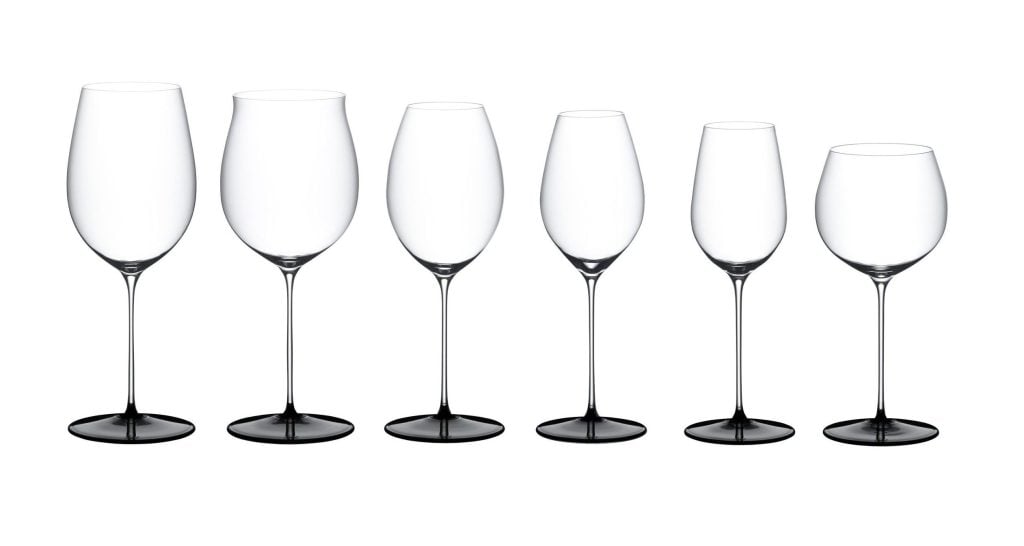
What steps are you taking in terms of sustainability?
We don’t do “greenwashing.” Producing a glass can never be completely eco-friendly, but we can get close to a nearly sustainable process. We’re doing our part, regardless of the costs — which are very high — but it’s something we feel is necessary. As a family-run company, I want future generations to be able to continue the work we’re doing, and we must ensure a sustainable production process today.
Is climate change affecting your work?
When consumers say Riedel glasses are too big, I respond that it’s the wine that determines the size of the glass. By this I mean that wines are increasingly high in alcohol content, and as a result, the glass must increase in volume.
What are the latest innovations you’ve launched on the market?
The Grape@Riedel line, designed for restaurants and offered at an accessible price without compromising quality. At the same time, there’s the new Fatto a Mano Black Tie collection, which is high-end. Two projects that meet different needs, but remain faithful to our philosophy.

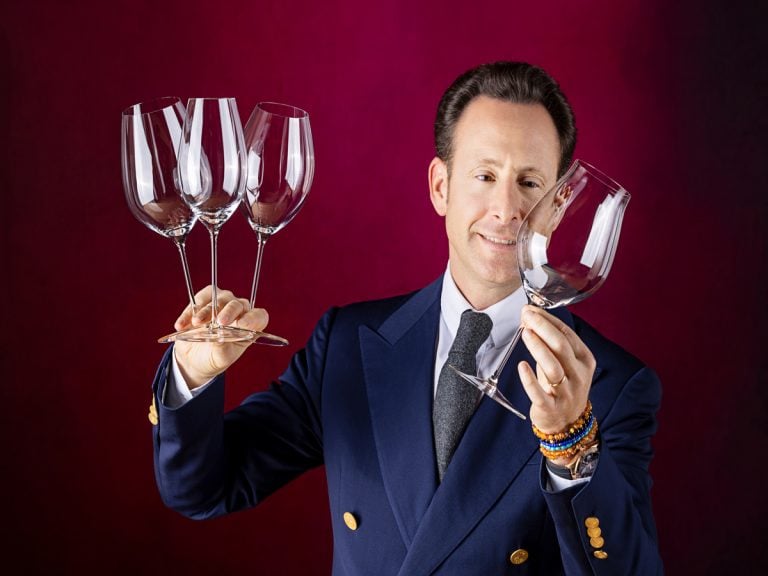
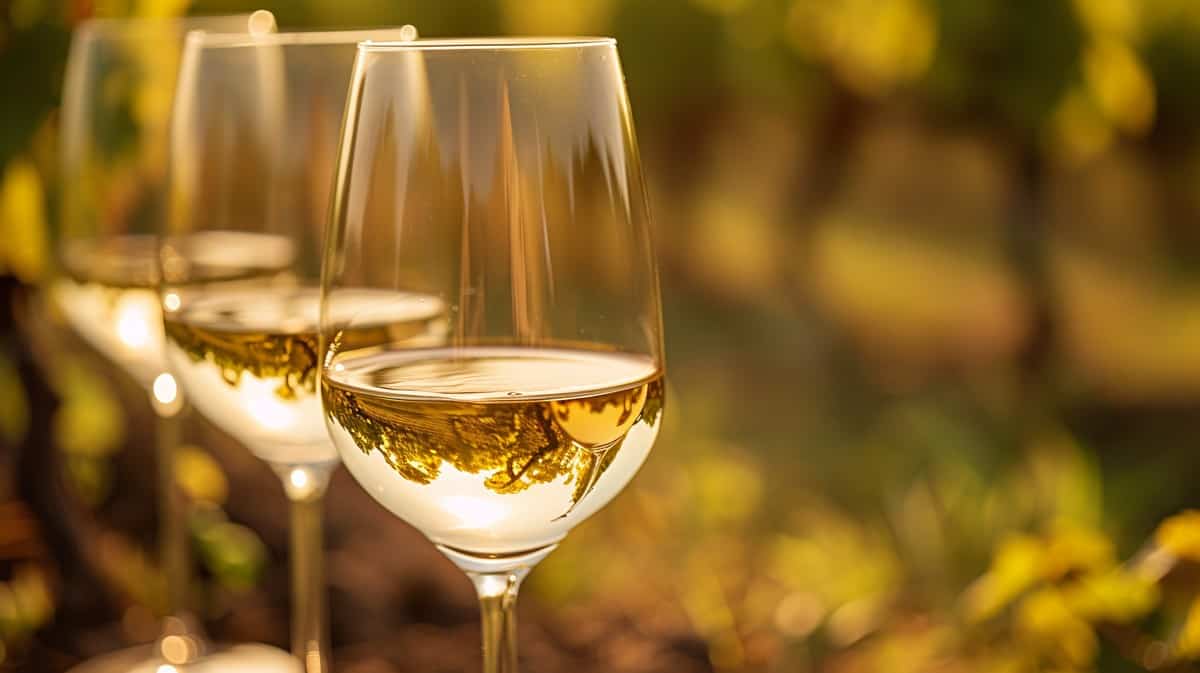 The 15 Ribolla Gialla wines with the best quality-price ratio chosen by Gambero Rosso
The 15 Ribolla Gialla wines with the best quality-price ratio chosen by Gambero Rosso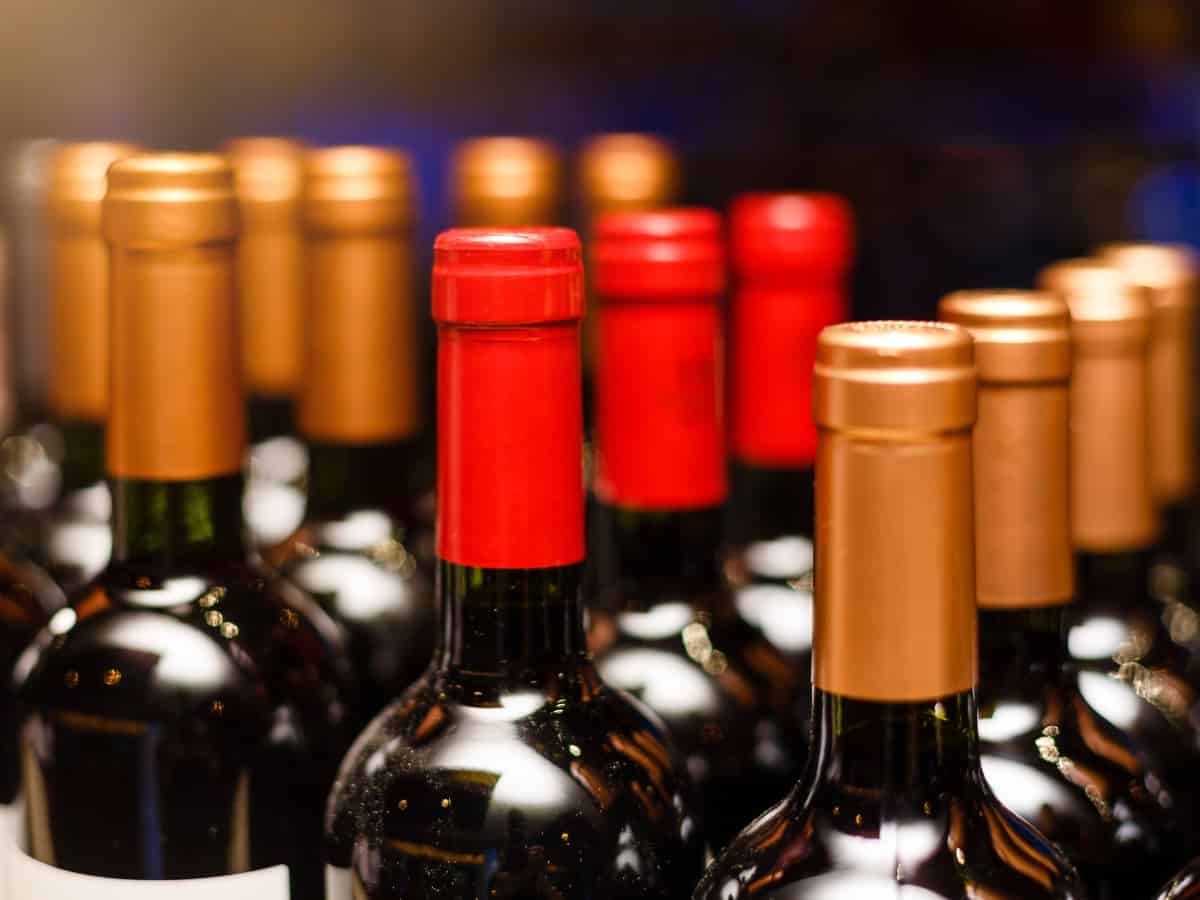 A strong start for Italian wine exports in 2025. In January, the stockpiling effect in the US ahead of tariffs proves decisive
A strong start for Italian wine exports in 2025. In January, the stockpiling effect in the US ahead of tariffs proves decisive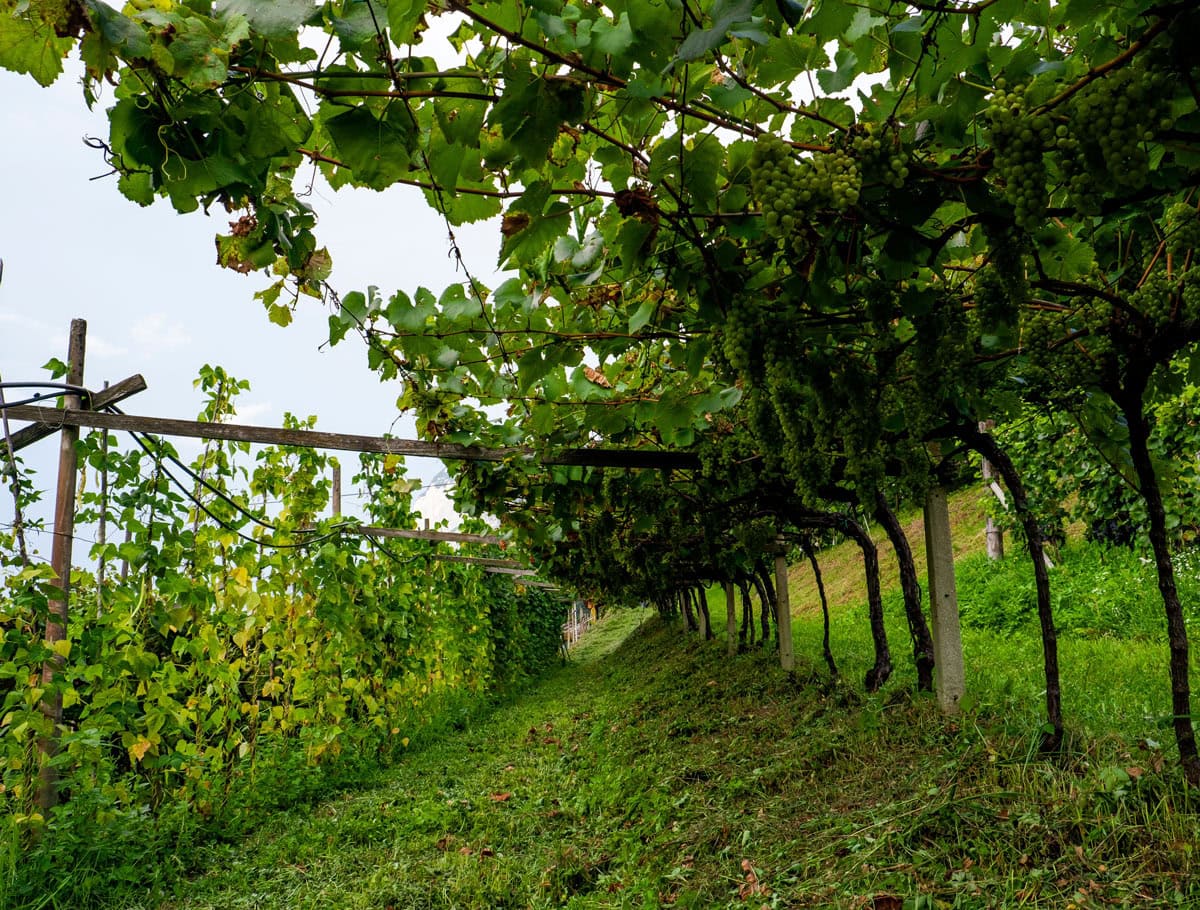 The leap in quality of the new Piwi wines across 15 labels
The leap in quality of the new Piwi wines across 15 labels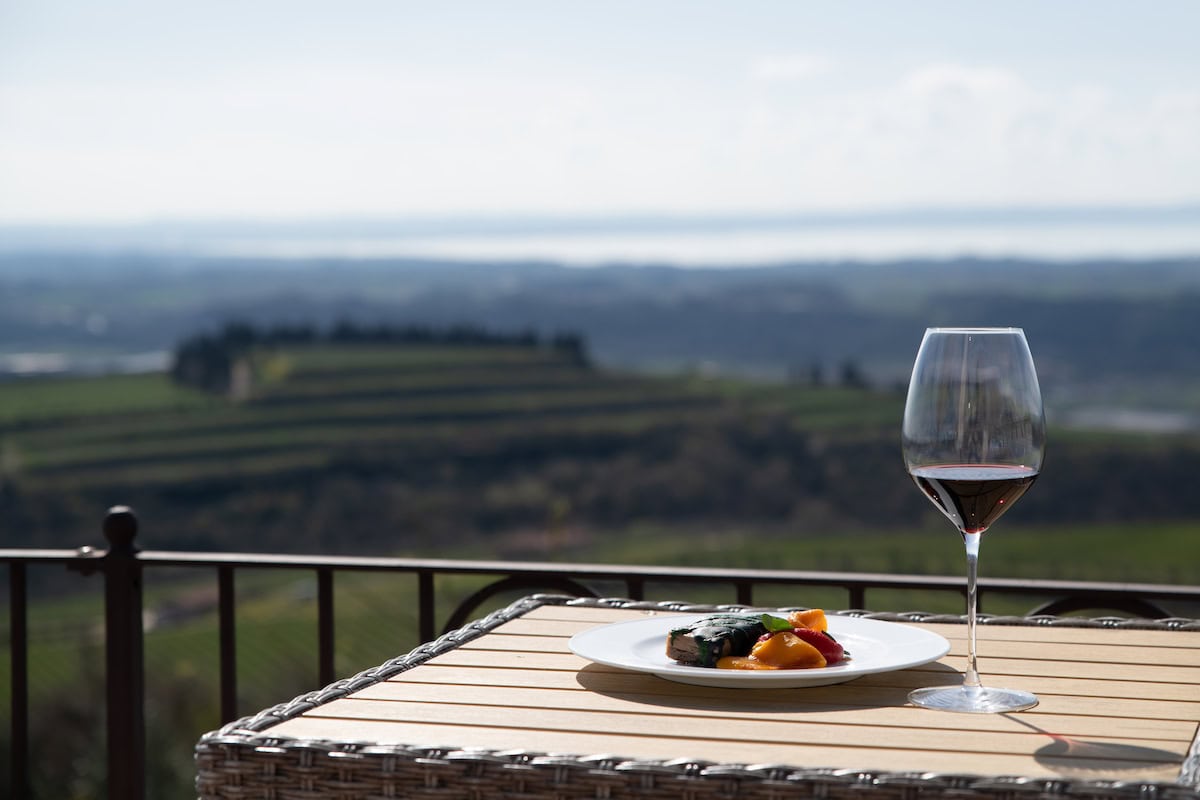 Valpolicella welcomes back one of its most iconic wines: rebellious yet loyal, Grola returns to the DOC
Valpolicella welcomes back one of its most iconic wines: rebellious yet loyal, Grola returns to the DOC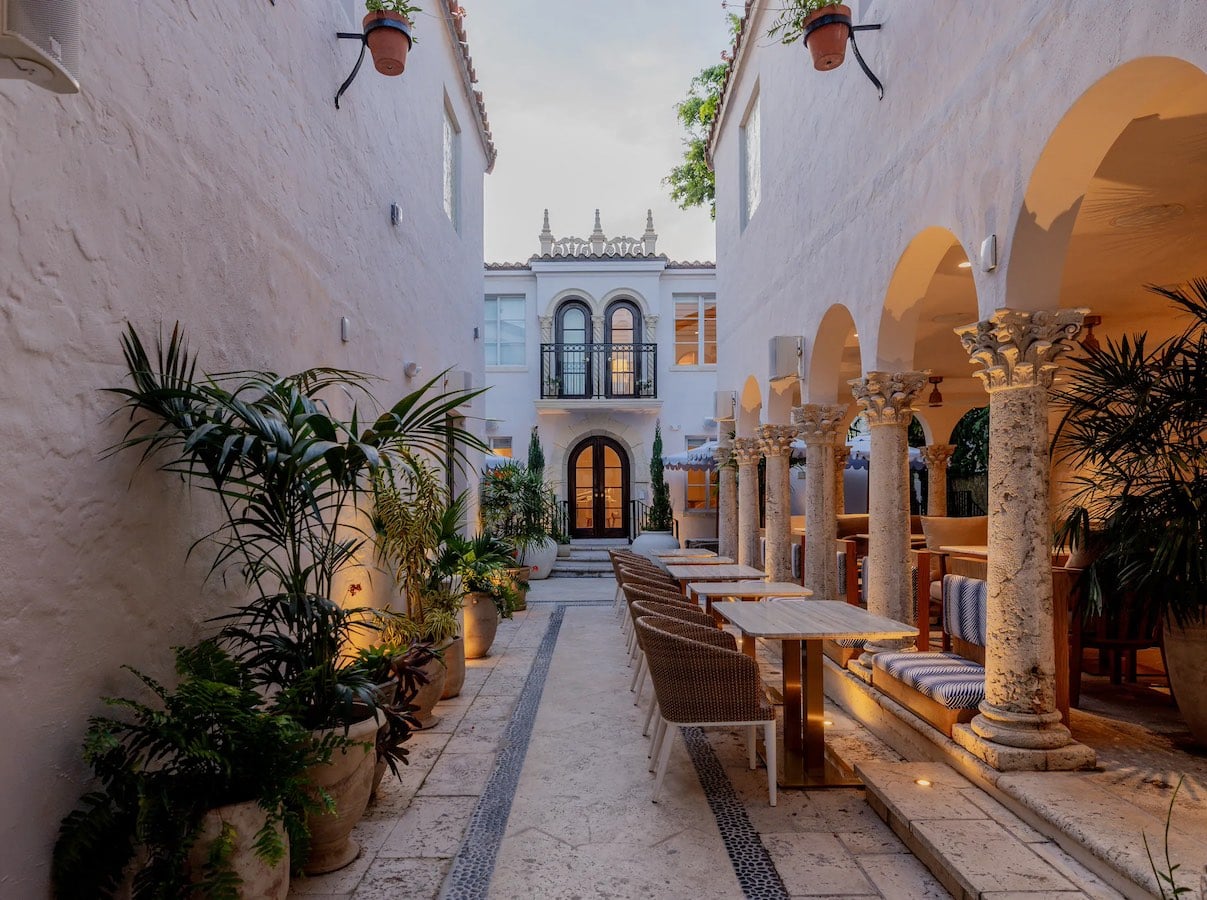 Versace opens a super hotel with an Italian restaurant. Here's what Donatella Hotel & Restaurant in Miami will be like
Versace opens a super hotel with an Italian restaurant. Here's what Donatella Hotel & Restaurant in Miami will be like
